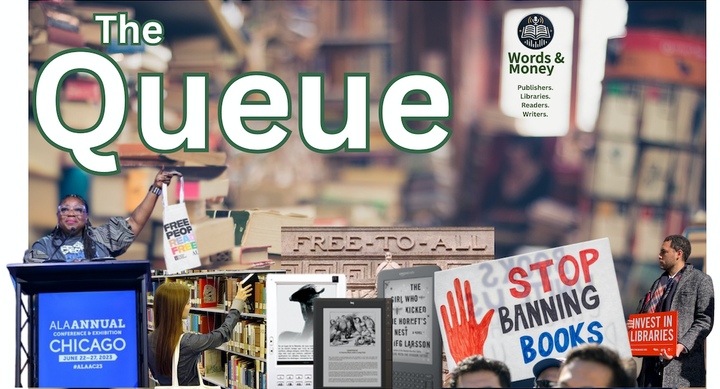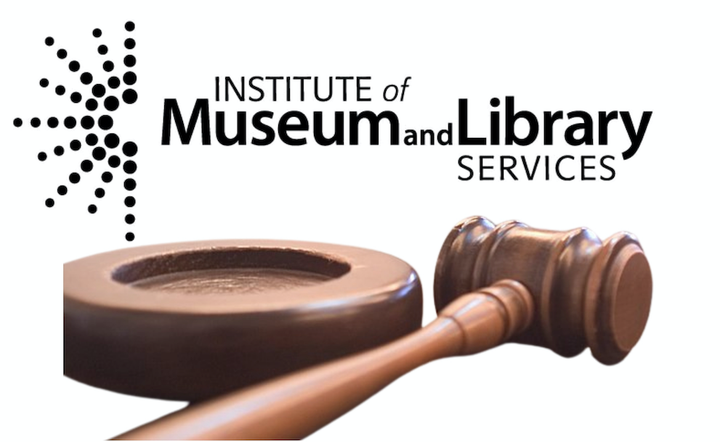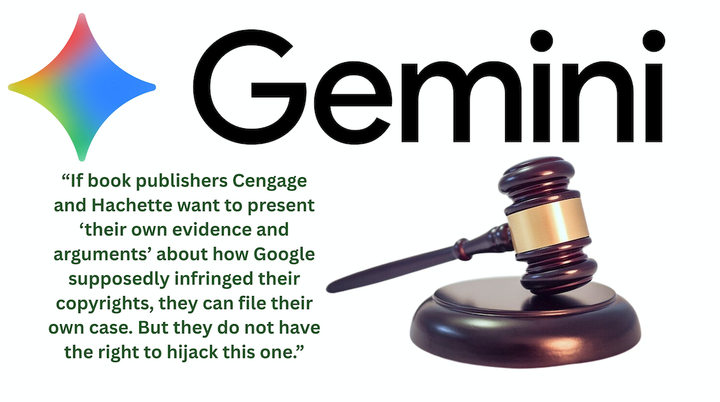In a Surprise Setback, Judge Declines to Grant Preliminary Approval of Anthropic Copyright Settlement
At a September 8 hearing, judge William Alsup said the settlement agreement was “nowhere close to complete” and ordered the parties to cure several deficiencies by September 22.
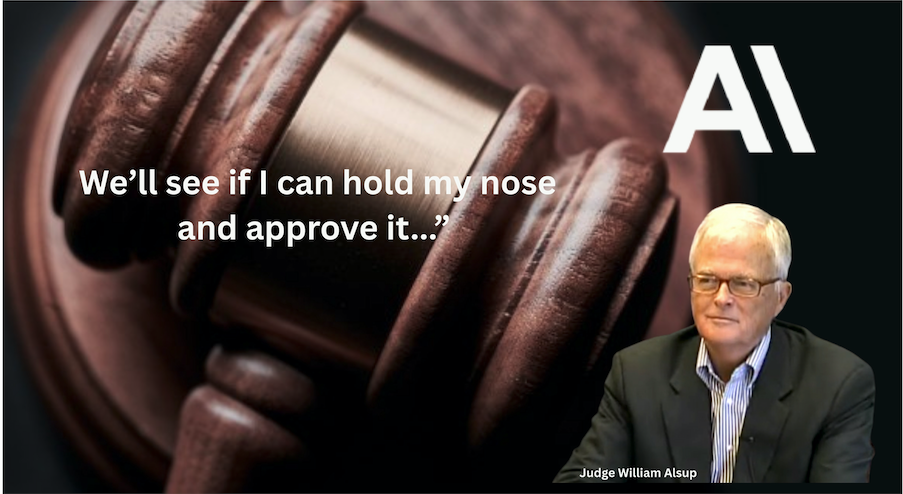
The terms of a massive $1.5 billion settlement between authors and AI company Anthropic have only been available for a few days but the deal already has one major objector: Willam Alsup, the federal judge who must ultimately approve the deal.
At a September 8 hearing, Alsup peppered attorneys for the parties with questions and concerns before ultimately refusing to grant preliminary approval. And in an order made public today, Alsup said he would “postpone” a decision on the settlement “pending submission of further clarifying information.”
But the process won't be paused for long: the judge set a very tight deadline for receiving the requested information, ordering the parties to submit “the final version” of a list of works to be covered by the settlement as well as a final list of class members by September 15, with “clarifications” on several other deficiencies—including for the claim form and claims procedure to be used, and “anything else”—by September 22.
He also set a second hearing for September 25 in his San Francisco courtroom.
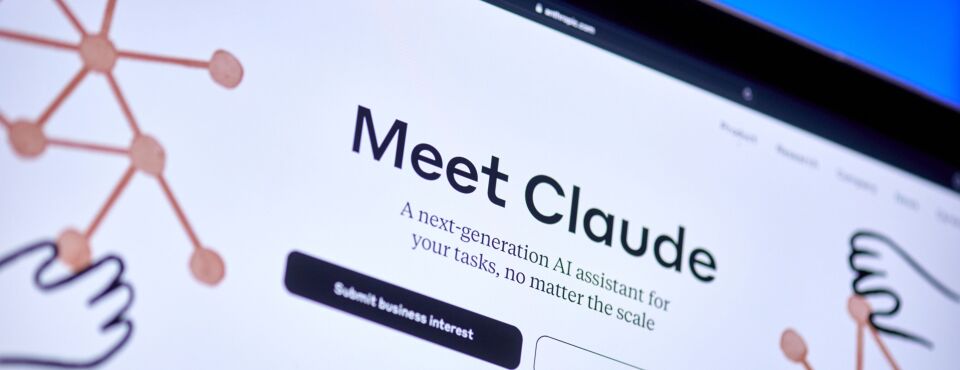
According to Bloomberg News, Alsup spent much of the 54-minute hearing blasting the initial settlement filing, and questioned whether the class lawyers were attempting to force a deal “down the throat of authors.” According to Bloomberg, Alsup also told lawyers he felt “misled,” and said the settlement was “nowhere close to complete.”
Alsup's harsh words surprised observers, as preliminary approvals are usually pretty swiftly granted in class action settlements.
However, the move was not totally unexpected. In a September 7 filing Alsup warned the parties he was “disappointed” with the settlement proposal filed in his court, which, the judge opined, “left important questions to be answered in the future, including respecting the Works List, the Class List, the Claim Form, and, particularly for works with multiple claimants, the processes for notification (for opt-out, so-called re-inclusion, and claims, whether a given choice is exercised by one, some, or all co-claimants), allocation, and dispute resolution.”
Notably, Alsup also expressed misgivings about the number of additional attorneys and advisers brought into the settlement.
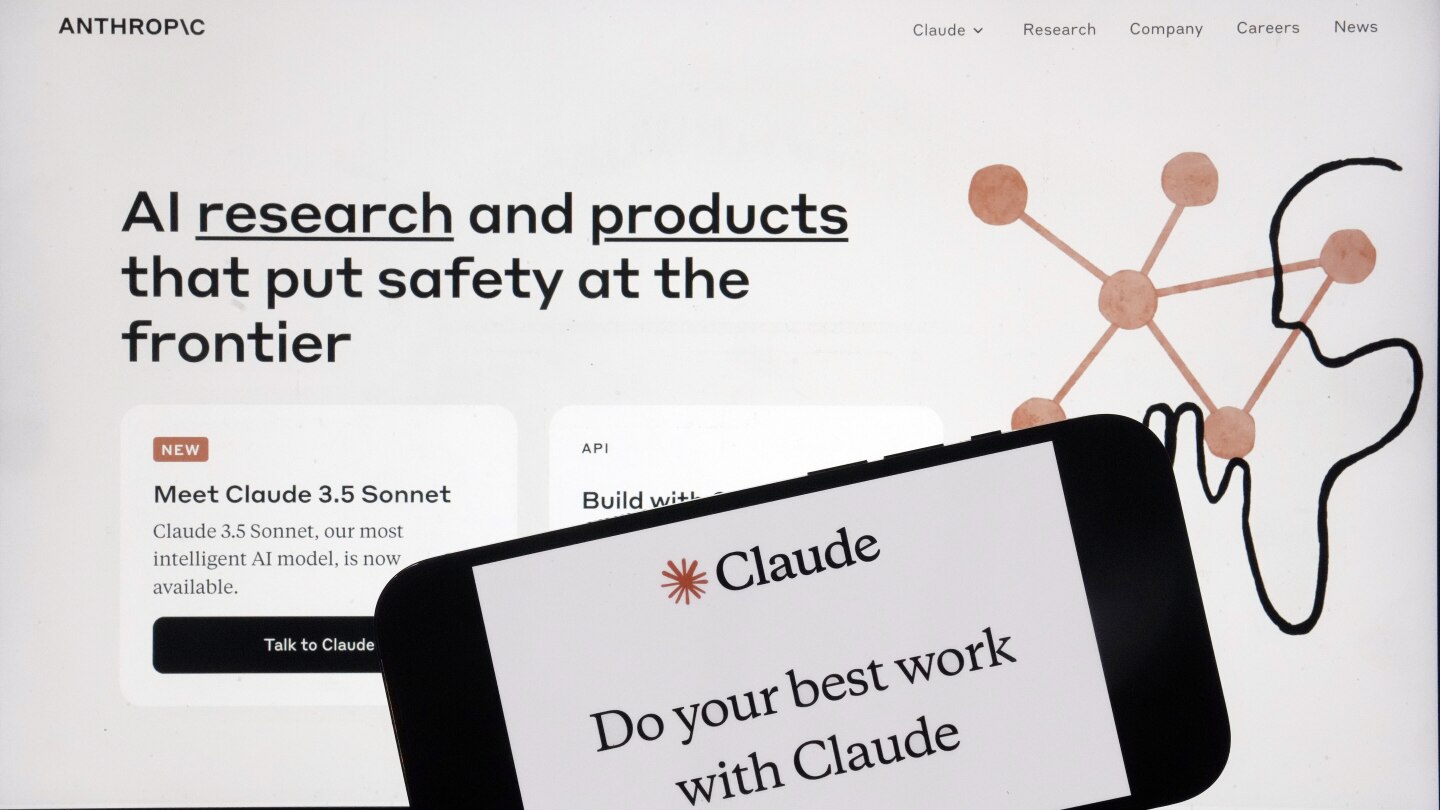
According to the Associated Press, Alsup specifically expressed concern over the involvement of Association of American Publishers CEO Pallante and Authors Guild CEO Mary Rasenberger—who both attended the hearing upon the judge’s recommendation—questioning whether their involvement might “pressure some authors to accept the settlement without fully understanding it.” He also told the parties that he would not approve “add-on” lawyers and advisers being paid from the settlement fund.
In a statement to the AP, Rasenberger said she was “confused” by Alsup’s comments, and insisted the Authors Guild’s involvement was meant “to ensure that authors’ interests are fully represented.”
In a separate statement, Pallante told the AP that the judge’s comments were "troubling" and "demonstrated a lack of understanding" about the publishing industry.
"The court seems to be envisioning a claims process that would be unworkable and sees a world with collateral litigation between authors and publishers for years to come," Pallante told the AP, adding that “class actions are supposed to resolve cases, not create new disputes, and certainly not between the class members who were harmed in the first place.”
A Race to the Starting the Line
The settlement agreement comes after Alsup, in June, issued a mixed summary judgment decision in Bartz et al v. Anthropic PBC which found that Anthropic's unauthorized use of copyrighted books to train its Claude AI system was fair use. But at the same time, the judge found that the company's decision to keep millions of unauthorized downloads for a permanent "central research library" was not, and ordered the company to stand trial on that claim.
Under the parties’ proposal to settle those piracy claims, the terms of which were revealed in a September 5 filing, Anthropic agreed to create a $1.5 billion settlement fund for a group of authors whose books were downloaded pirate sites Library Genesis (LibGen) and Pirate Library Mirror (PiLiMi). As yet, an undisclosed number of right holders of roughly 465,000 works (so far) stand to receive roughly $3,000 per work, lawyers say—possibly more, depending on how many claims actually materialize.
But after pushing the parties down the road to this massive settlement, Alsup now appears to be pumping the brakes, reportedly telling attorneys during the hearing that he has “an uneasy feeling about hangers on with all this money on the table,” according to Bloomberg.
“District judges have often played a role in shaping the terms of settlements and there is certainly precedent for actively involved judges who sit down with the parties and push them on reaching workable terms,” Cornell Tech law professor James Grimmelmann told Words & Money. “But it's not as common for this to happen in open court.”
Grimmelmann says it's hardly unreasonable for the court to want the details of such a massive settlement to be “pinned down” before granting preliminary approval. But he also agreed that the entire process thus far feels rushed.
“They made a breakthrough in mediation on August 19. They had a term sheet on August 26, and promised to file it on September 5, requesting a hearing on September 8. I guess I'm not shocked that they didn't come up with a fully worked-out claims-resolution procedure, and I'd expect them to be able to fill in a lot of the details given a few more weeks,” he notes of the lawyers in the case. The problem, Grimmelmann adds, is that judge Alsup gave them just one week.
Still, the delay doesn’t necessarily portend larger, structural problems with the settlement, if the parties can iron out the details. But it's not a great start. After all, winning preliminary approval is just the beginning of the process. The deal must still allow for objectors and opt-outs, and must go through a final fairness hearing, after which Alsup must find the deal to be “fair, reasonable, and adequate” before granting final approval.
Grimmelmann also said he takes Pallante's point about the court's familiarity with publishing practices.
“The lawyers who negotiated this have a pretty deep understanding of the book industry and how rights issues tend to work,” he says. On the other hand, Alsup “seems to have a pretty particular vision of how all of this should work, and he is basically telling the parties to come back to him with specific changes."
Brandon Butler, executive director of the Re:Create coalition, a pro-fair use copyright group, was also surprised by the court's initial treatment of the settlement agreement.
“If we step back from Alsup’s management of this particular case and think more broadly about how complex copyright is—multiple layers of ownership, co-ownership, lost and outdated agreements, and so on—it makes sense that a settlement this big would be subject to some poking and prodding,” Butler notes. “But Judge Alsup’s comments when he certified the class suggested he thought things would be very simple and straightforward from here on in, and he’s been rushing the case forward at a rapid pace from the get-go. I didn’t expect him to throw up a speed bump after achieving all of that momentum.”
Ultimately, Butler suspects that the judge is acting with good intentions—he appears to want to make sure that settlement funds actually benefit the aggrieved rightsholders and gives Anthropic the legal relief they are paying for. Still, Butler suggests, the judge may be in for something of a rude awakening, as copyright cases rarely work out so cleanly.
In setting a September 25 hearing date for a second crack at preliminary approval, Alsup seemed to at least accept that reality.
“We’ll see if I can hold my nose and approve it,” he said.


